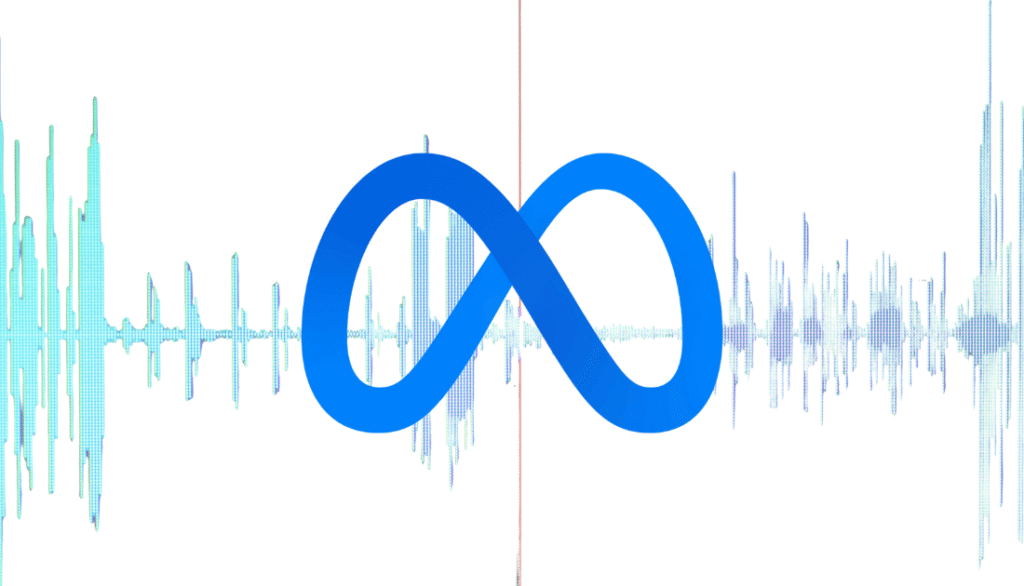Meta is expanding its artificial intelligence portfolio with the reported acquisition of WaveForms, a San Francisco-based startup specializing in audio-focused large language models.
According to The Information, the deal is part of Meta’s broader recruitment and acquisition strategy to grow its newly formed Superintelligence Labs division.
While financial terms remain undisclosed, both WaveForms co-founders have reportedly joined Meta, suggesting the move combines technology integration with talent acquisition.
Passing the “Speech Turing Test”
Founded in December 2024, WaveForms has been developing technology aimed at passing the so-called Speech Turing Test — a benchmark that measures whether listeners, including experts, can reliably distinguish between human and AI-generated voices.
The company also aims to build what it calls “Emotional General Intelligence” — AI-generated speech that not only sounds natural but also conveys emotional nuance in real time. Such capabilities are seen as central to creating lifelike, emotionally responsive voice assistants.
Founders, Funding, and Early Momentum
WaveForms was founded by,
- Alexis Conneau, former Meta and OpenAI researcher and a key contributor to ChatGPT’s Advanced Voice Mode.
- Coralie Lemaitre, former Google advertising strategist.
Despite being less than a year old and having a small team, the startup secured $40 million in seed funding from Andreessen Horowitz earlier this year, valuing the company at around $200 million, according to Reuters and Axios.
How WaveForms’ Technology Differs
Unlike traditional voice AI systems that rely on multi-step pipelines (speech-to-text, processing, then text-to-speech), WaveForms develops end-to-end audio LLMs.
These models aim to capture intonation, timing, and emotional context directly, potentially reducing latency and increasing realism in AI-generated speech.
Meta’s Strategy
The reported acquisition follows Meta’s earlier purchase of Play AI, another voice-focused startup, just a month ago. These moves come amid internal efforts to address delays in voice-related projects, including reported setbacks in the rollout of LLaMA 4.
To strengthen its voice AI efforts, Meta has also hired several high-profile figures in the field.
- Johan Schalkwyk (former Google voice AI lead)
- Daniel Gross
- Ruoming Pang
- Nat Friedman
Potential Applications
- VR and AR platforms to enhance realism in digital interactions
- Metaverse environments for more immersive user experiences
- Chat-based AI systems for more natural, context-aware conversations
Industry analysts note that emotionally intelligent voice capabilities could also benefit Meta’s broader AI ecosystem, making interactions feel more human-like across its apps and services.


